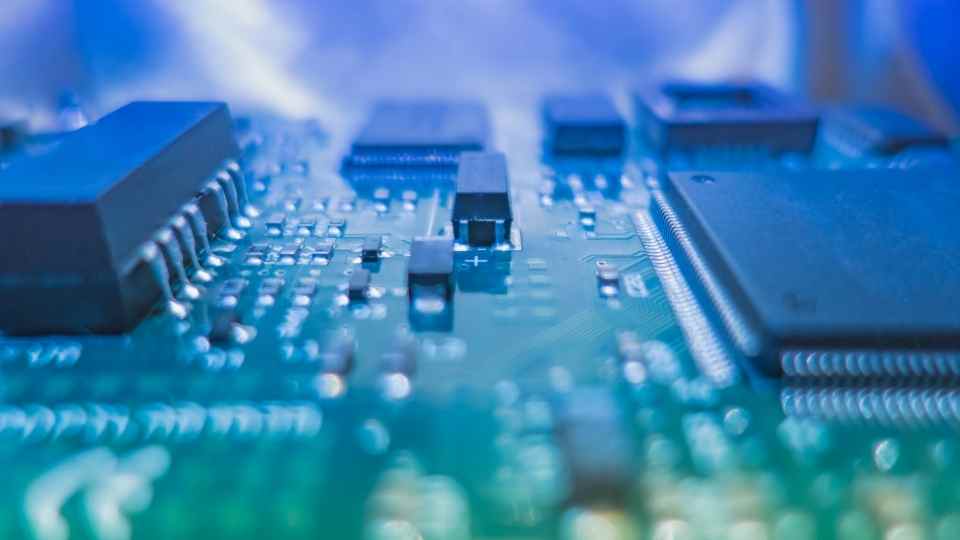The semiconductor industry, pivotal to modern technology, faces growing pressure to adopt sustainable practices. Manufacturing semiconductors is resource-intensive, involving high energy consumption, water usage, and material waste. Enter artificial intelligence (AI): a transformative force enabling manufacturers to embrace greener production methods. Erik Hosler, an advocate for sustainable innovation, believes that by optimizing energy use, reducing resource waste, and lowering carbon footprints, AI is driving the industry’s transition toward environmental sustainability.
Reducing Energy Consumption with AI
AI technologies are revolutionizing energy efficiency in semiconductor manufacturing. Machine learning models analyze production data to identify inefficiencies and suggest real-time adjustments. For example, AI can optimize the operation of energy-intensive equipment such as plasma etchers and lithography machines by fine-tuning parameters like power levels and process times. This not only reduces energy usage but also ensures consistent performance, minimizing errors and rework.
In cleanroom environments, AI-driven systems optimize HVAC operations—one of the largest contributors to energy consumption. By adjusting airflow and temperature based on production activity, AI significantly lowers the energy demand of these critical facilities without compromising product quality.
Optimizing Resource Usage
Another area where AI shines is efficient material use. Semiconductor production requires precise deposition of materials like silicon and rare earth metals, which are both costly and environmentally taxing to extract. AI algorithms monitor deposition processes in real-time, ensuring uniform application and reducing material waste.
Erik Hosler mentions, “AI-driven tools are not only improving current semiconductor processes but also driving the future of innovation.” Coupled with AI, these advancements not only improve production efficiency but also pave the way for more sustainable resource utilization.
Lowering Carbon Footprints Through Predictive Insights
AI contributes to carbon footprint reduction by streamlining production workflows. Predictive analytics help manufacturers anticipate maintenance needs and optimize production schedules, preventing unnecessary energy expenditure.
Additionally, AI enables life cycle assessments, offering insights into how production choices impact emissions. By incorporating these insights, companies can design more sustainable supply chains and manufacturing processes.
AI: The Key to a Sustainable Semiconductor Industry
As the world demands greener technologies, the semiconductor industry must lead by example. AI-driven solutions are making it possible to produce chips with minimal environmental impact, balancing innovation with sustainability. By reducing energy consumption, optimizing resources, and lowering emissions, AI is not just shaping the future of semiconductor manufacturing—it’s ensuring that the future is sustainable.









